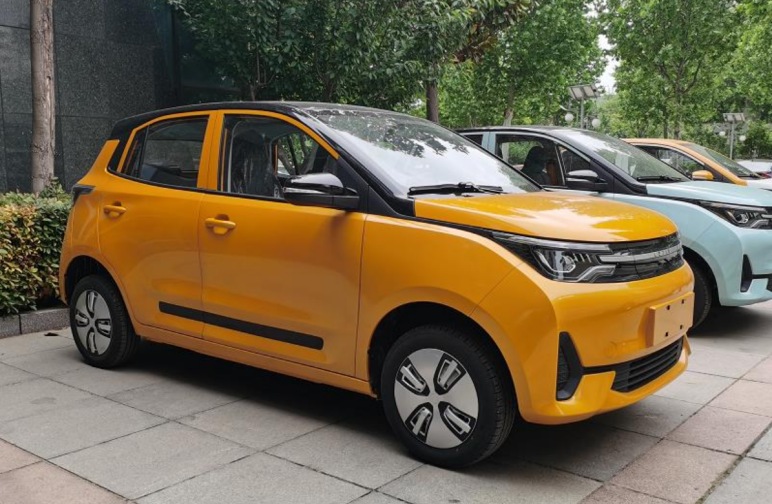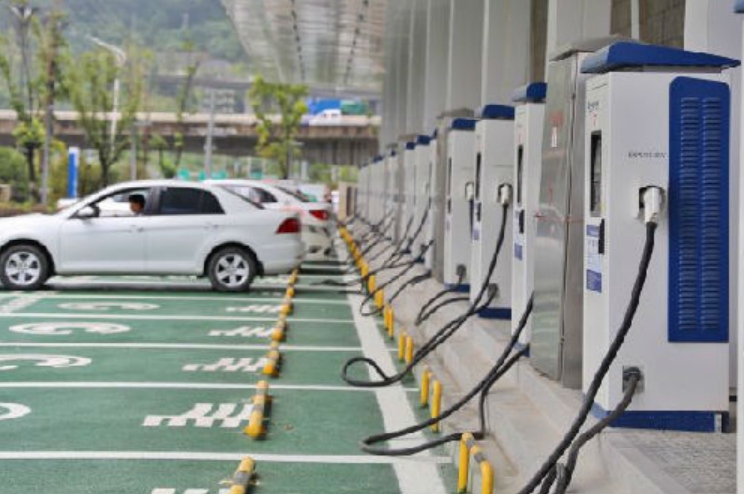It is very likely that there is an electric car in your future. By 2030, the sales volume of electric vehicles is expected to exceed that of gasoline vehicles. That’s a good thing for all of us as EVs are better for the environment, more economical overall. For those of you who are interested in buying an electric car, here are 5 tips you should keep in mind that will help you go green.
1.Get Familiar with Electric Car Incentives
Before you buy an electric car, talk to your tax preparer to make sure you get the tax credit. You can’t get the credit if you lease an electric car, but your dealer can apply it to your lease discounts. You can also get credits and incentives from your state and city. It’s worth doing a little homework to see what local discounts are available to you including financial assistance with your home charging system.
2.Double-Check the Range
Most electric cars offer a range of over 200 miles on a charge. Think about how many miles you put on your car in a single day. How many miles is it to your work and back? Include trips to the grocery store or local shops. Most people won’t experience range anxiety during their daily commute and you can charge up your car every night at home and have a full charge for the next day.
Many factors will affect your electric car’s range. Your range will diminish if you use the climate control, for instance. Your driving habits and how hard you drive has an impact as well. Obviously, the faster you drive, the more power you’ll use and the quicker you’ll need to recharge. Before you buy, make sure the electric vehicle you are choosing has enough range for your needs.

3.Find the Right Home Charger
Most electric car owners primarily charge at home. At the end of the day, you simply plug your car in and every morning it is charged up and ready to go. You can charge your EV using a standard 110-volt wall outlet, known as Level 1 charging. Level 1 charging adds about 4 miles of range per hour.
Many owners hire an electrician to install a 240-volt outlet in their garage. This allows Level 2 charging, which can add 25 miles of range per hour of charging. Make sure to find out how much it will cost to add 240-volt service at your home.
4.Locate Charging Networks Near You
Many public charging stations are free to use at government buildings, libraries, and public parking lots. Other stations require a fee to charge your car and prices can vary based on the time of day. It’s usually much less expensive to charge overnight or on the weekend than it is to charge at peak times, such as weekday afternoons and evenings.
Some public charging stations are Level 2, but many offer Level 3 DC fast charging, which allows you to charge your car rapidly. Most electric cars can be charged to 80% in less than 30 minutes at a fast-charging station. Make sure the electric vehicle you are thinking of buying is capable of fast-charging. Also, research where local charging stations are near you. Check your typical routes and find out about charging networks in your town. If you’re taking an electric car on any kind of road trip, it’s important to plan your route according to where charging stations are located.

5.Understand EV Warranty and Maintenance
One of the great things about buying a new electric car is that it comes with a full warranty, exceptional range and the latest tech and safety features. Federal regulations require that automakers cover electric cars for eight years or 100,000 miles. That’s pretty impressive. Plus, electric cars require less maintenance than gas-powered cars. The friction brakes in EVs last longer and EV batteries and motors are built to outlast the life of the car. There are fewer components to repair in electric cars and chances are that you’ll trade in your EV before your warranty is up.
A little homework on electric vehicle incentives, warranties, maintenance, range, and charging will go a long way in making sure you have many happy EV miles ahead of you.
Post time: Mar-22-2022




